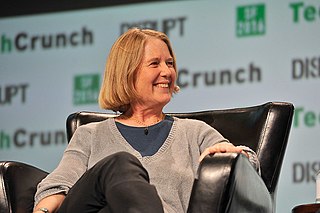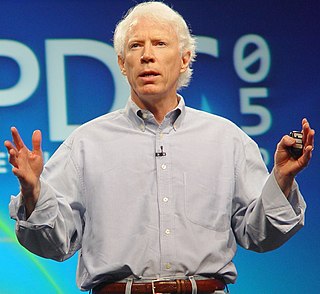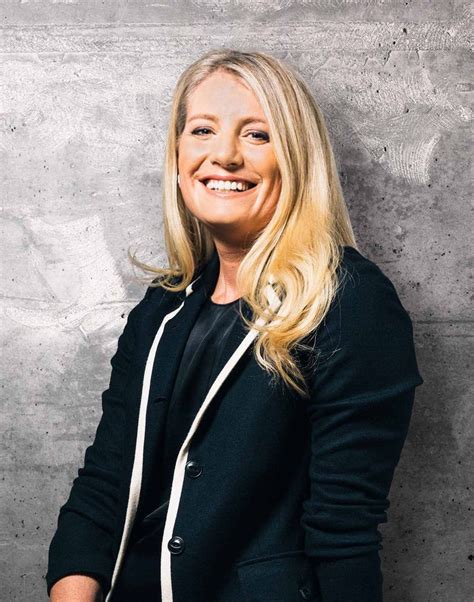A Quote by Aaron Levie
Listen to your customers, but don't always build exactly what they're telling you. This is a really key distinction around building enterprise software.
Quote Topics
Related Quotes
The business models in enterprise have changed pretty dramatically. A huge problem with enterprise software traditionally has been usually you sell to the customer and then they adopt the technology. The great thing about 'freemium' and the new way enterprise software is being sold is you get to try it first and then buy it.
In science, the whole system builds on people looking at other people's results and building on top of them. In witchcraft, somebody had a small secret and guarded it - but never allowed others to really understand it and build on it. Traditional software is like witchcraft. In history, witchcraft just died out. The same will happen in software. When problems get serious enough, you can't have one person or one company guarding their secrets. You have to have everybody share in the knowledge.
With resilience you are learning to be flexible and take feedback on how people are experiencing what you are building, you're listening to what your customers are saying, you're building these relationships, and making better decisions over time. That all really starts with that resilience and that willingness not to be perfect.






























